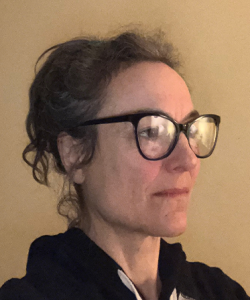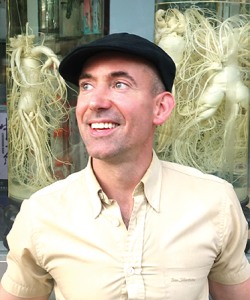Theater of Memories: A Conversation With Ocean Vuong

With The Emperor of Gladness, forthcoming in May from Penguin Press, Ocean Vuong crafts a story of intergenerational connection—of labor, love, memory, and care—while bridging the intimate and the epic, the lyric and the narrative.













